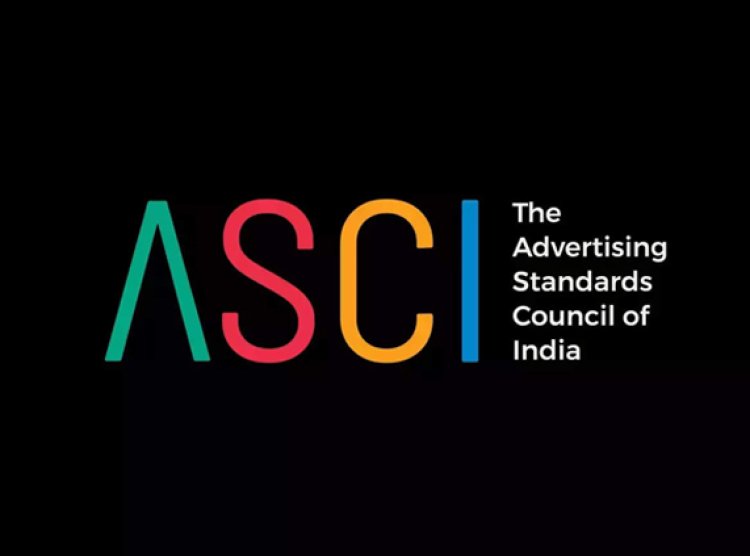ASCI revises education advertising standards to combat stereotypes and poor portrayals

Following extensive public input, the Advertising Standards Council of India (ASCI) amended its criteria for advertising educational institutions, programs, and platforms. The exercise aimed to produce a set of reasonable and equitable principles pertaining to a crucial industry in the country: education. The public consultation for the guidelines began on March 14, 2023 and ended on April 15, 2023.
When it comes to advertising, education has been one of the most violative areas in recent years. According to ASCI's Annual Complaints Report 2022-23, classical education was placed second among the top violative categories, accounting for 13.8% of total commercials that did not follow ASCI's criteria.
While ASCI's existing education guidelines compel educational companies to verify any claims they make in their advertisements with appropriate evidence, this latest amendment assures that advertisers also keep the students' mental and physical well-being in mind. According to the amendments, advertisements by educational institutions, such as universities, colleges, and schools, coaching classes, EdTech platforms, and others that offer education and training programs, should not stereotype students based on their gender or appearance, nor should those who score low be portrayed as unsuccessful or failures.
In addition to adhering to the general standards of ASCI's Code for Self-Regulation in Advertising and the current guidelines for the education sector, advertisements for educational institutions, programs, and platforms must now adhere to the following additional guidelines:
-
An advertisement should not depict school pupils sacrificing sleep or meals in order to study because this normalizes unhealthy practices that are harmful to student health.
-
While advertisements may depict unhappiness with low scores, they must not depict an average or bad scorer as a failed student or failure, or represent him/her/them as demotivated, depressed, or miserable, or receiving less love or recognition from parents, instructors, or classmates.
-
An advertisement should not generate a false feeling of urgency or fear of losing out, as this might exacerbate worries among students and their parents.
-
While advertisements may include students of any gender, they must not imply that specific disciplines are only connected with certain genders. Advertisements must also not imply that high-achieving students are invariably connected with stereotyped features such as wearing thick glasses. This should not preclude commercials featuring such students from appearing as long as they do not imply that only these students are successful.
"Education advertising touches almost every citizen in the country," stated Shri Rohit Kumar Singh, Secretary, Ministry of Consumer Affairs, in response to the new standards. It is critical to protect the integrity of advertising in this industry. The ASCI recommendations address the myriad concerns plaguing the sector, and we hope that the industry will adhere to them in letter and spirit. I would want to underline that misleading advertisements are also a violation of the Consumer Protection Act, and I will take all necessary steps to keep our residents secure."
Manisha Kapoor, CEO and Secretary General of ASCI, commented on the revision to education rules, saying, "In addition to not being misleading, the updated guidelines also provide for the physical and mental well-being of students, particularly school students." While intense pressure in school is unavoidable, advertising must not exacerbate the situation. Normalize it or take advantage of student and family sensitivity. Such challenges were highlighted as part of our Ed-Next project, and we are now issuing updated guidelines after thorough engagement with various stakeholders. ASCI is still genuinely devoted to consumer protection, and we will continue to update our Code to reflect current and developing issues in advertising content."

 Sumit Rawat
Sumit Rawat 










